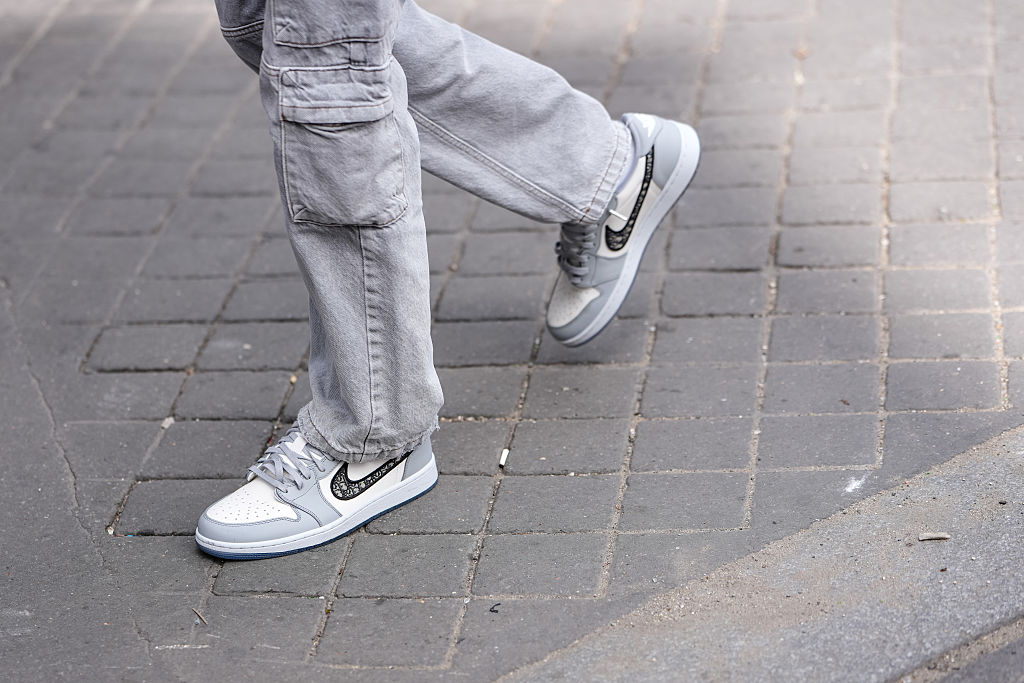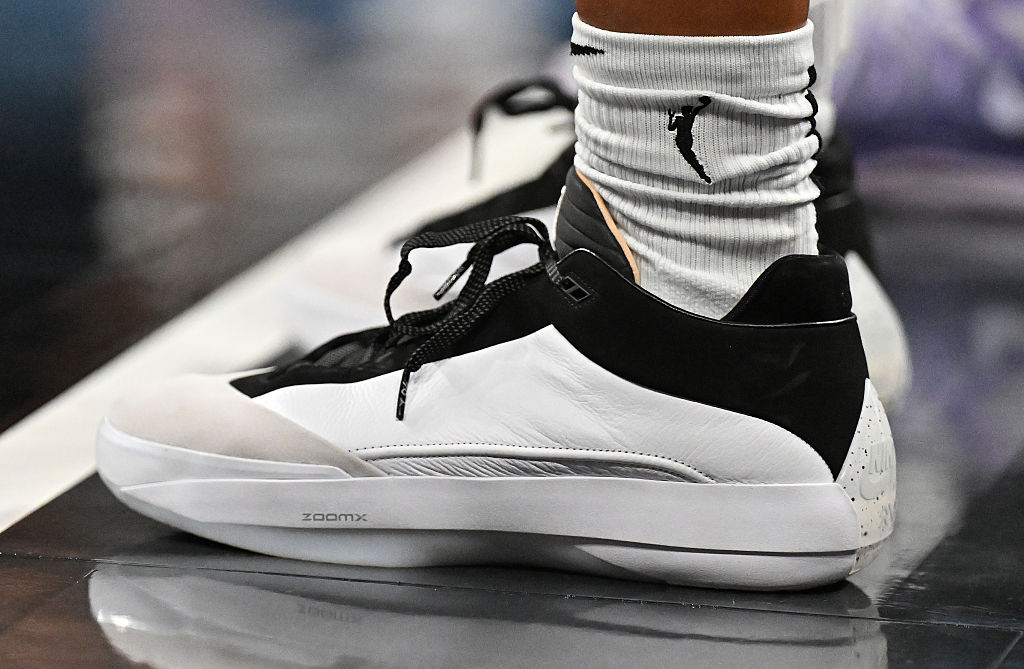Nike Will Raise Prices, Shift Production From China Amid Tariff Hits

For decades, Nike was the premier name in sneakers and sportswear. Through the Jordan brand, the company had become synonymous with Black cool. In recent years, though, the allure of the brand has cooled with sales steadily declining. A recent earnings report revealed that while Nike’s sales decline appears to be reversing, the company expects to take a $1 billion hit due to the Trump administration’s ongoing tariffs.
According to CNBC, the company announced the news during an earnings call with investors on Thursday. “With the new tariff rates in place today, we estimate a gross incremental cost increase to Nike of approximately $1 billion in its current fiscal year 2026,” Chief Financial Officer Matthew Friend said on the call.
In April, Nike joined Adidas, Under Armour, and Puma in signing a letter addressed to Trump, requesting a footwear exemption from the administration’s tariff plan. The letter said the tariffs would “become a major impact at the cash register for every family.”
That “major impact” seems to be coming this fall, as the company announced it’ll mitigate the cost of the tariffs by passing them on to consumers through “surgical price hikes.” The price hikes are timed around the back-to-school season when parents have to purchase new shoes and clothes for the school year.
The price hikes will also greatly affect parents with kids who play sports, as Nike is the highest-selling sportswear brand in the country. A cursory glance at the Nike website shows it makes cleats and gear for nearly every sport, from basketball to lacrosse.

Considering wages continue to stagnate and the cost of living keeps rising, I’m unsure how successful Nike’s plan will be. Considering consumers are barely starting to come back to the brand, is now really the best time to raise prices? Why would families choose to spend more money on a Nike sneaker when they can just hit an outlet mall and get two pairs of shoes for the price of one?
In addition to raising prices, the company also intends to offset the tariffs by reducing production in China. Nike currently produces 16 percent of its inventory in China and has pledged to investors that the number will reduce to the single digits by the end of the next fiscal year.
Beyond the potential tariff hit, Nike’s fortunes seem to be reversing overall. Only a year ago, the company posted a sales decline of 12 percent, its worst revenue drop in five years. That decline has steadily reversed, as it posted only a 7 percent decline this year.
“The results we’re reporting today in Q4 and in FY25 are not up to the Nike standard, but as we said 90 days ago, the work we’re doing to reposition the business through our ‘Win Now’ actions is having an impact,” said CEO Elliott Hill during the call. “From here, we expect our business results to improve.”
The news comes as the company revealed the Air Jordan 40 earlier this week. In recent years, the flagship Jordan models have focused more on performance than fashion. It’s telling that you’re more likely to see someone wearing a Jordan 1 than a Jordan 37. The Jordan 40 seems to be an attempt to go back to the fusion of fashion and performance that defined the brand during Michael Jordan’s playing years.
While it’s yet to be seen if the shoe will turn around perception on modern Jordans and help the company’s sales woes, at the very least, it’s more of an aesthetically appealing shoe than the last three years of Jordan models.
SEE ALSO:
Malia Obama Directs A’ja Wilson’s Latest Nike Ads




